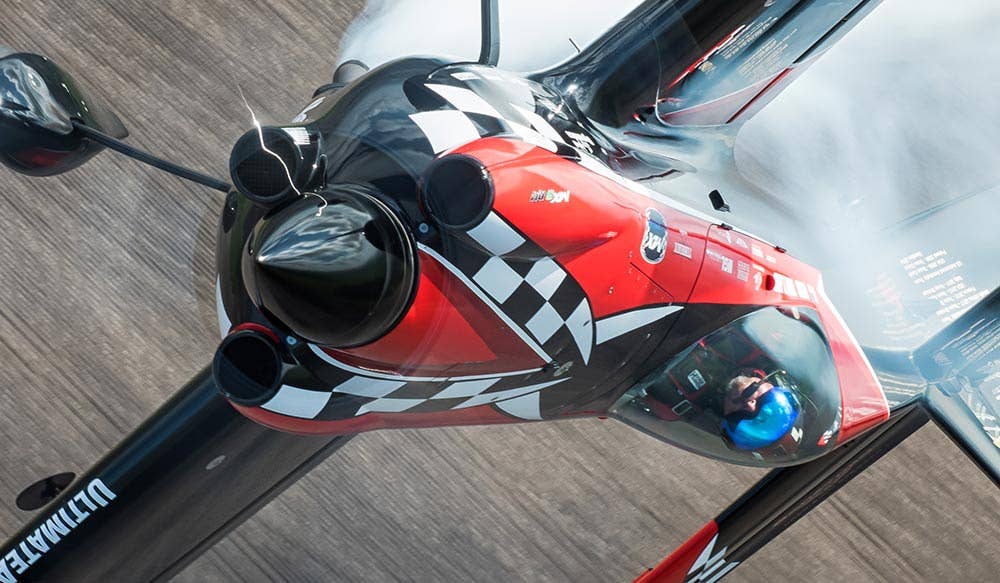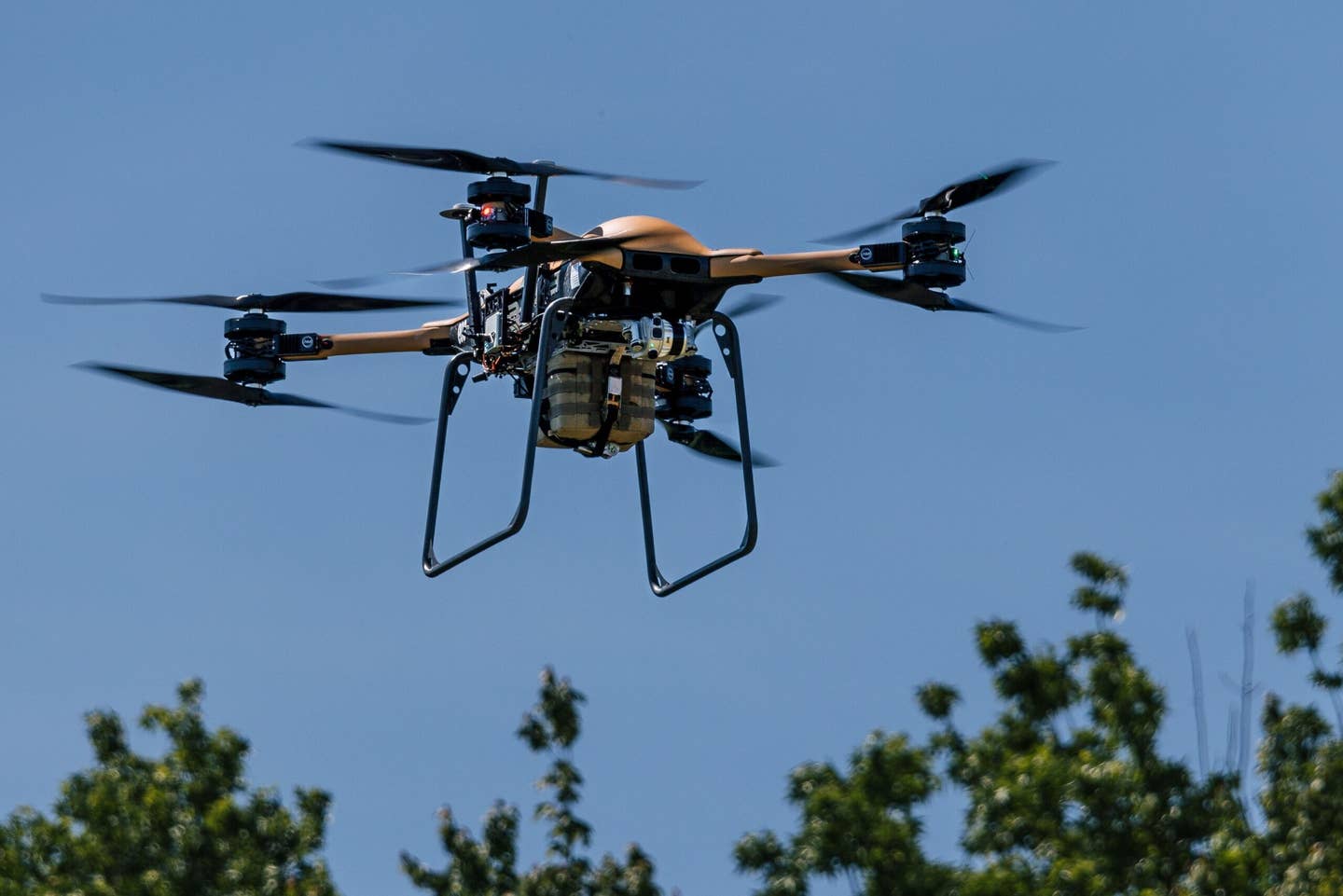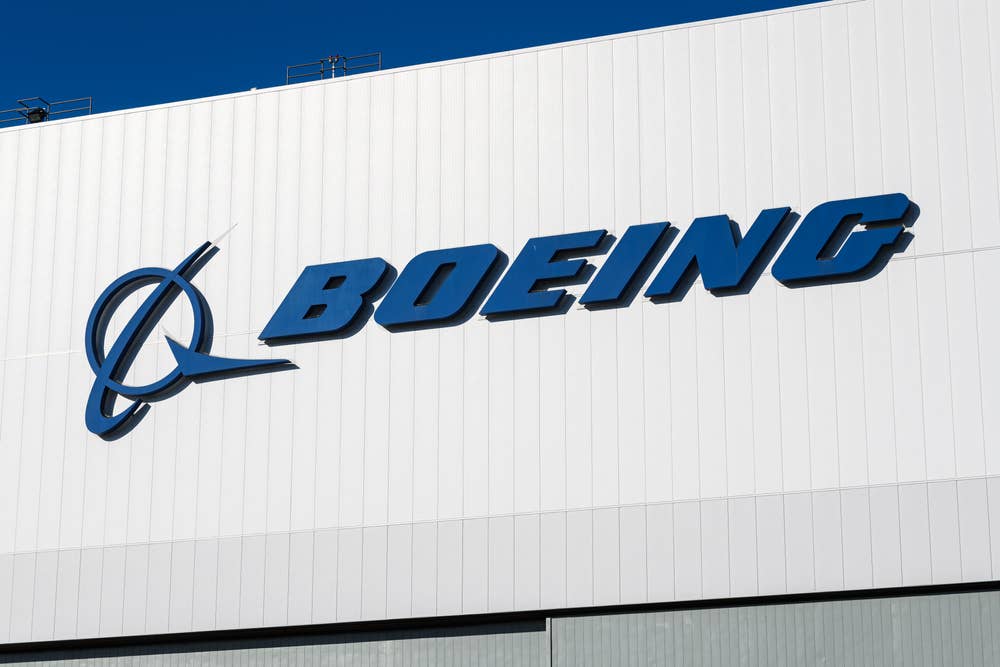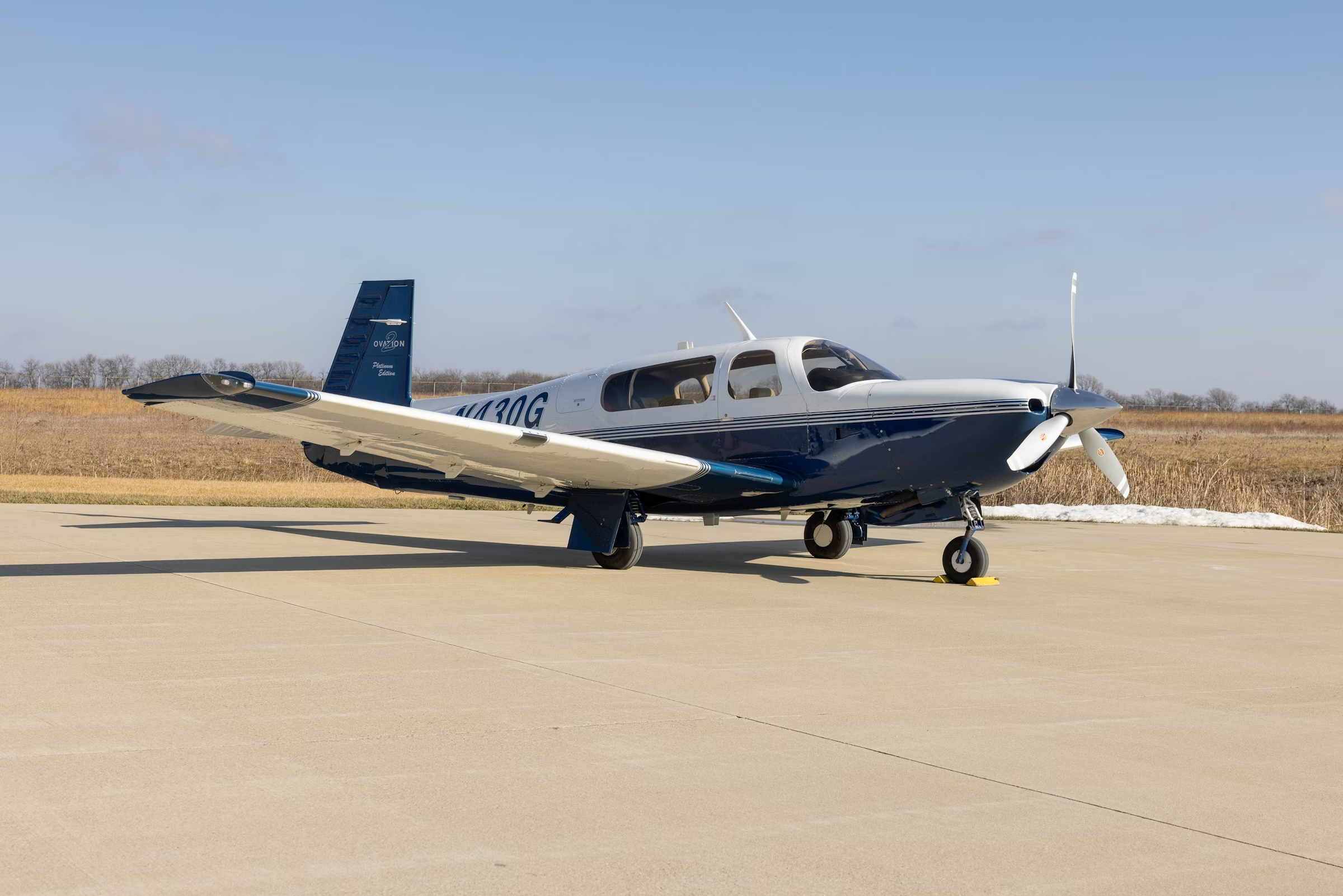GE Aviation Reports Successful 100 Percent SAF Test
GE Aviation’s new generation Passport long-range business jet engine has successfully performed ground testing with 100 percent sustainable aviation fuel (SAF), the company announced Monday.

Preliminary test results of GE Aviation’s Passport engine with 100 percent SAF were “favorable, with the engine performing similarly to when it runs on petroleum-based jet fuel.” [Courtesy: GE Aviation]
GE Aviation’s (NYSE: GE) Passport long-range business jet engine has successfully performed ground testing with 100 percent sustainable aviation fuel (SAF), the company announced Monday.
This was the first time the turbofan has been tested with 100 percent SAF, according to a GE Aviation news release. Currently, SAF blends are limited to a maximum of 50 percent, mixed with petroleum-based jet-A or jet-A-1.
Certificated by the FAA in 2016, the Passport—boasting a thrust of nearly 19,000 pounds—was designed specifically to power Bombardier’s (OTC US: BOMBF) Global 7500 ultra-long range business jet.
Preliminary test results of the Passport engine were “favorable,” the company said, “with the engine performing similarly to when it runs on petroleum-based jet fuel.” The test was conducted with one engine over several days last March at the company’s facility outside Cincinnati in Peebles, Ohio.
The test used a type of SAF called HEFA-SPK, the most widely available SAF, which can be made from cooking oil and other waste fats, oils and greases.
“As our testing shows, the Passport engine, like all GE engines, can operate on approved sustainable aviation fuel today and in the future,” said a statement by GE Aviation’s Melvyn Heard, president of the Passport engine program. “Our customers can be confident that the Passport engine can help meet their sustainability goals to reduce CO2 emissions in flight, thanks to the Passport’s more fuel-efficient technologies compared to previous-generation business jet engines and ability to operate on lower-carbon fuels.”
Recently, Airbus and Rolls-Royce have been testing flights with Trent XWB engines fueled with 100 percent SAF.
The news is the latest sign of GE Aviation’s efforts to develop more environmentally friendly powerplants. Last February, GE Aviation joined Airbus and Safran in announcing plans to build a direct combustion hydrogen-fueled engine and demonstrate it on a modified Airbus A380. Civilian aviation accounts for roughly 2 percent of global CO2 emissions.
The first flight of the demonstrator is expected by the end of 2026.

Sign-up for newsletters & special offers!
Get the latest FLYING stories & special offers delivered directly to your inbox






